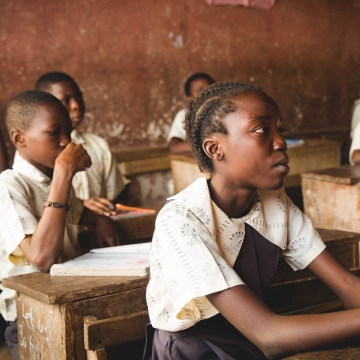
Study analyzes Senegal's gender mainstreaming efforts in energy access
A new study has shed light on the challenges and successes of Senegal's National Action Plan to integrate gender equality into its energy policies by examining the political and economic factors…




